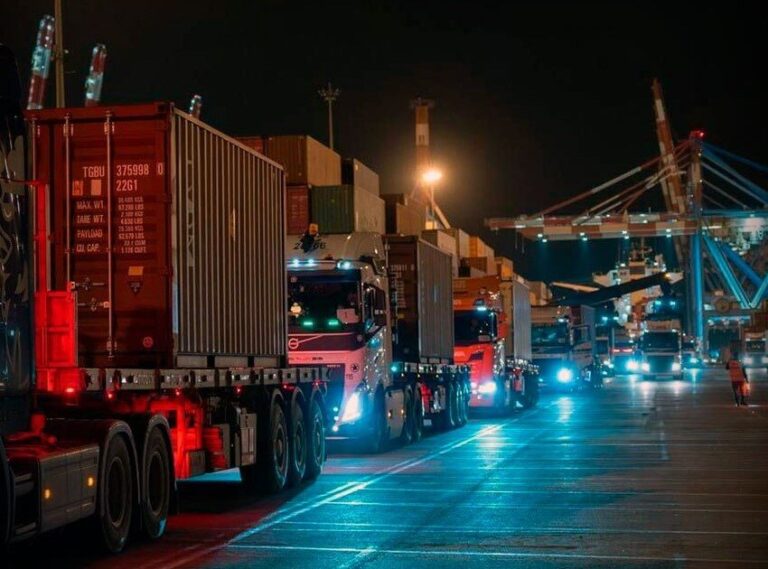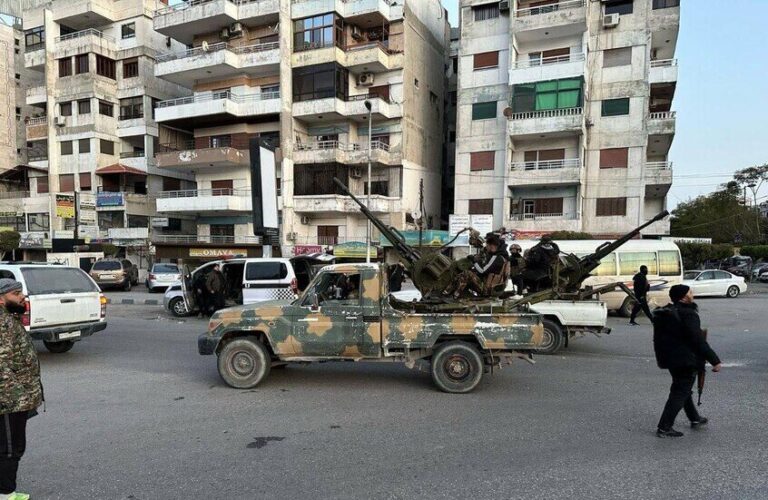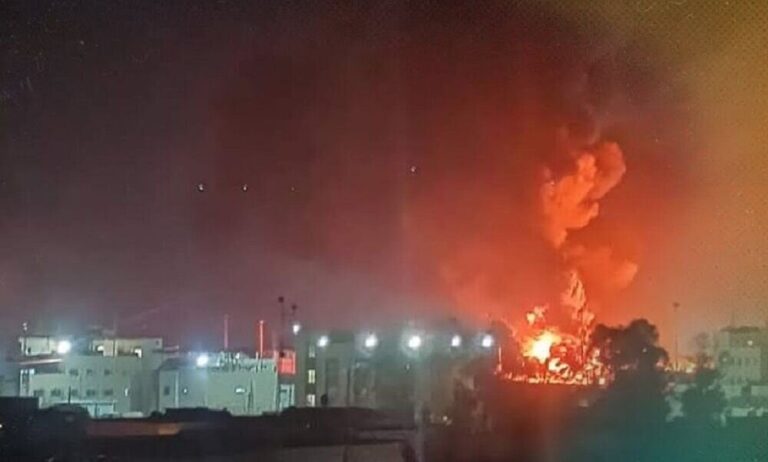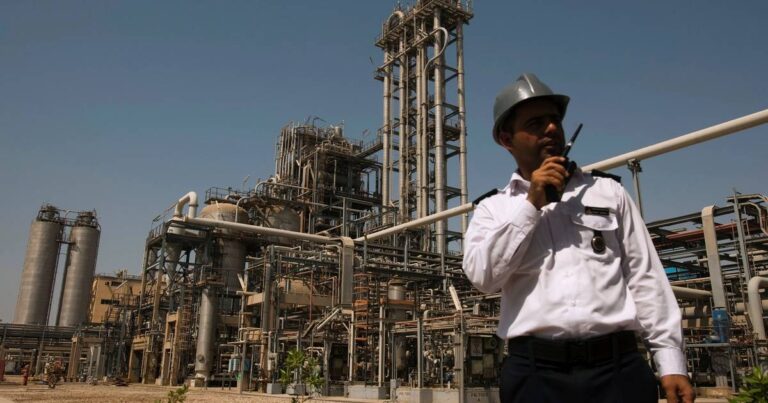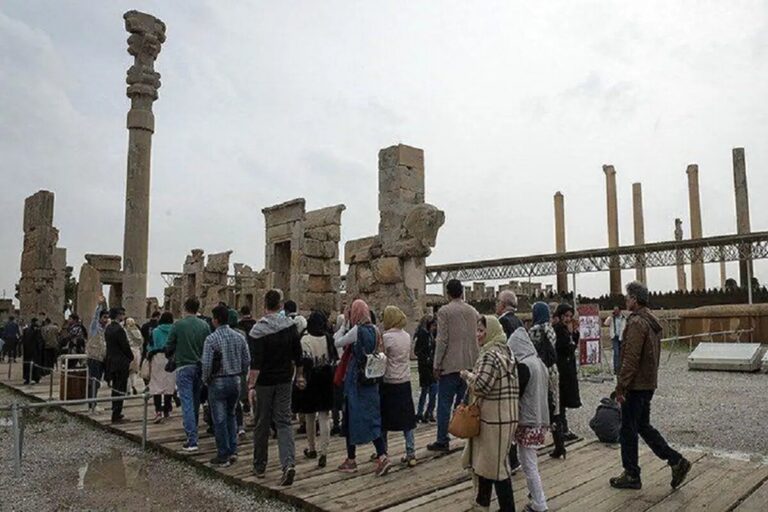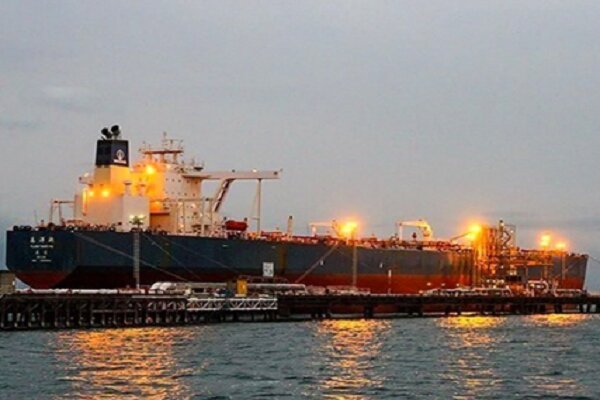Iran Responds Strongly to Rising Violence in Syria: A Deepening Crisis
In a significant diplomatic statement, Iran has reiterated its commitment to the security and stability of Syria, emphasizing the importance of territorial integrity and peaceful coexistence among diverse ethnic and social groups. This reaffirmation comes amidst ongoing tensions in the region, particularly concerning the actions of external threats such as Israel.
During a recent address, Iranian diplomat Baghaei highlighted several key points regarding Syria’s current situation and the need for a unified front against external interference. Here are the main takeaways from his remarks:
- Preserving Syria’s Integrity: Baghaei underscored the necessity of maintaining Syria’s territorial integrity and stability, which he deemed essential for fostering a peaceful environment.
- Condemnation of External Threats: He specifically condemned threats from external actors, particularly Israel, which he accused of exploiting the ongoing crisis.
- Responsibility of the Interim Government: The diplomat emphasized the critical role of the Syrian interim government in ensuring the safety and security of all its citizens regardless of their backgrounds.
- Opposition to Violence: Baghaei strongly opposed any acts of violence and bloodshed, stressing the need to protect innocent civilians who often bear the brunt of conflicts.
- Third-Party Exploitation: He warned that instability in Syria could be used by third-party actors, particularly the Israeli regime, to fuel unrest and further complicate the already volatile situation.
Baghaei’s statements reflect Iran’s steadfast position on Syria, advocating for a comprehensive approach to peace that involves all ethnic and social groups. He called for dialogue and cooperation as vital tools for achieving long-term stability in the region.
In light of these developments, it is crucial to recognize the broader implications of Iran’s diplomatic efforts in Syria. The Iranian government has consistently promoted a narrative that prioritizes national sovereignty and opposes foreign interference in domestic affairs. This stance resonates with many in the region who see external interventions as detrimental to local stability.
Furthermore, Baghaei’s remarks underline the importance of international support for the interim government in Syria, which faces immense challenges in restoring peace and order. Without a united effort from both local and international stakeholders, the prospects for a peaceful resolution remain uncertain.
In summary, the Iranian diplomat’s comments serve as a reminder of the complexities surrounding Syria’s geopolitical landscape. As Iran continues to advocate for a stable and secure Syria, the international community must also consider the implications of its actions and policies in the region.
As the situation evolves, it is essential for all parties involved to prioritize dialogue over conflict. The path to peace in Syria will require cooperation among various factions and a commitment to protecting the rights and safety of all citizens.
In conclusion, Iran’s principled stance on Syria encapsulates a broader vision for stability in the Middle East. By addressing the root causes of conflict and promoting peaceful coexistence, it is possible to pave the way for a brighter future for Syria and its people.

